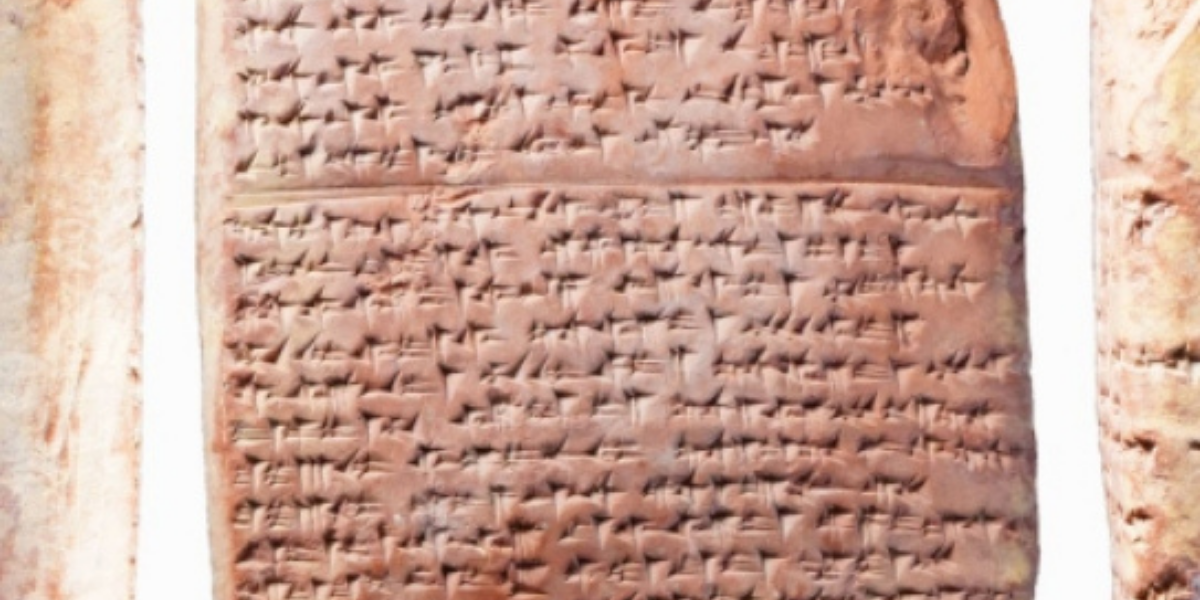
Kalašma, the lost language of Anatolia, decoded
A tablet found during excavations in Hattuša (today’s Boğazkale), the capital of the Hittite State, in 2023 revealed the existence of a lost language, Kalašma.
According to scientists, Kalašma was used by a people named Kalašma who lived in the vicinity of Gerede district of Bolu province in modern-day Türkiye.
“These texts show that Anatolia was a multilingual and multicultural place in 2000 BC,” says Prof. Andreas Schachner, head of excavations at Hattuša.
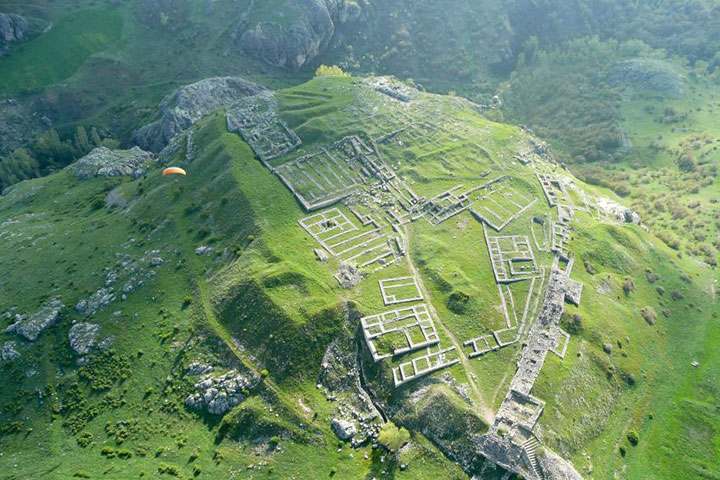
The tablets, written in Kalašma, a language similar to the Luwian used by the Luwians who lived in southern Anatolia and about whom little is known, contain texts on daily life and celebrations.
The 174 tablets containing the Kalašma language were deciphered in a study conducted by Prof. Dr. Daniel Schwemer from the Department of Near Eastern Languages at the University of Worzburg in Germany and Assoc. Prof. Dr. Metin Alparslan from the Department of Hittitology at Istanbul University.
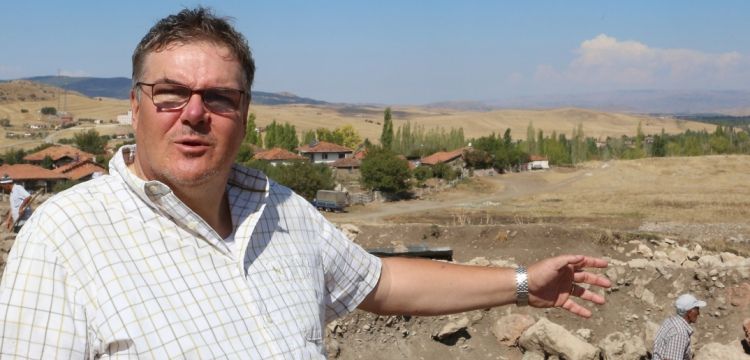
“All texts under the responsibility of the German excavation team have been published,” Schacher said.
Prof. Dr. Schachner said, “Prof. Daniel Schwemer did the first transliteration. He converted it from cuneiform to the Latin alphabet. Then linguistics experts Professor Elisabet Rieken and Assoc. Prof. Ilya Yakubovitich from the University of Marburg analyzed and deciphered the texts. It was a team effort.”
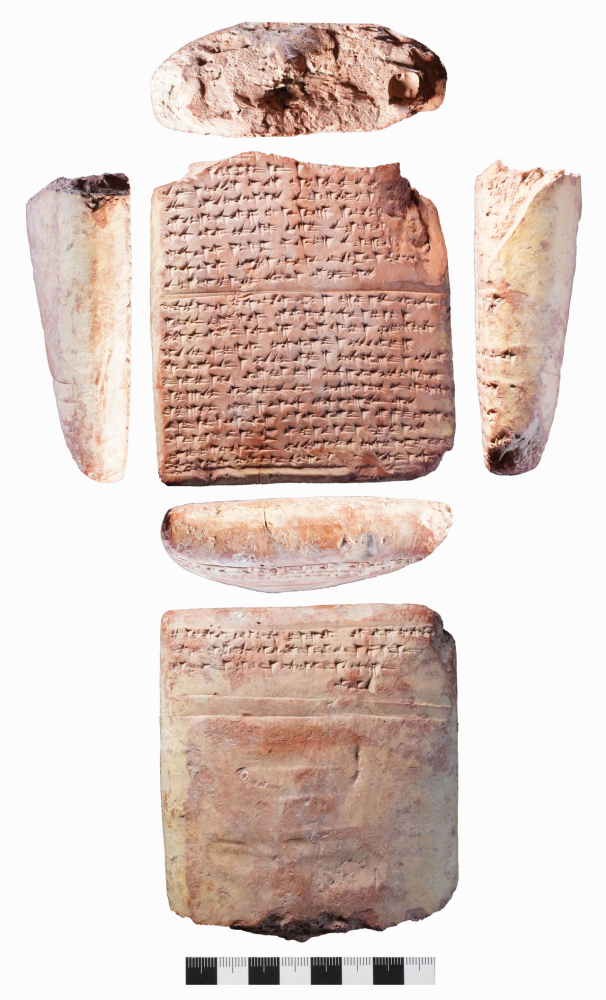
Prof. Dr. Schachner said that there was no new alphabet in the Kalašma tablets, emphasizing that the cuneiform system, well known to the Hittites and taken from Mesopotamia, was used for writing.
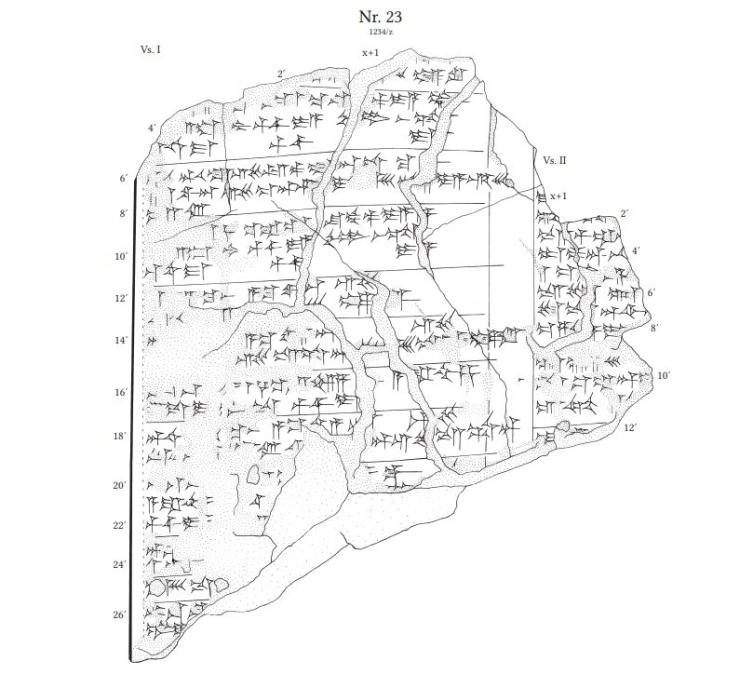
Schachner said:
“The content of the tablets does not actually convey very important information, but thanks to these texts we learn that Anatolia was a multilingual and multicultural region in 2000 BC. People knew and used at least a few of these languages. The Hittite view of the gods of another region is also confirmed by this text, because they included the gods of the conquered region into their system and worshipped them. In this way, they tried to bind those regions to themselves. These texts were written in this language so that they could pay their respects to the god they brought from Kalašma in a language they could understand. According to Hittite logic, that god would not understand the Hittite language.”
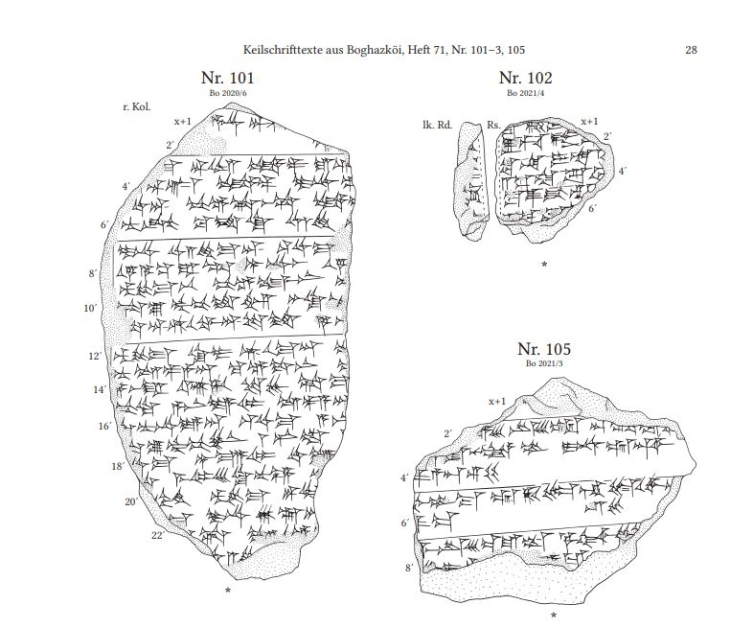
The work ‘Keilschrifttexte aus Boghazköi (Cuneiform Texts from Boghazköi)’, written by Prof. Dr. Schwemer on the decipherment of 174 tablets, is now available digitally.
The final publication of the texts will take place in the coming days. Starting in November, the Kalašma texts will be published.
You may also like
- A 1700-year-old statue of Pan unearthed during the excavations at Polyeuktos in İstanbul
- The granary was found in the ancient city of Sebaste, founded by the first Roman emperor Augustus
- Donalar Kale Kapı Rock Tomb or Donalar Rock Tomb
- Theater emerges as works continue in ancient city of Perinthos
- Urartian King Argishti’s bronze shield revealed the name of an unknown country
- The religious center of Lycia, the ancient city of Letoon
- Who were the Luwians?
- A new study brings a fresh perspective on the Anatolian origin of the Indo-European languages
- Perhaps the oldest thermal treatment center in the world, which has been in continuous use for 2000 years -Basilica Therma Roman Bath or King’s Daughter-
- The largest synagogue of the ancient world, located in the ancient city of Sardis, is being restored

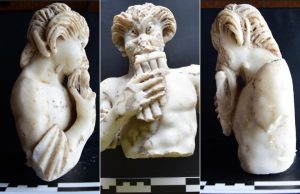
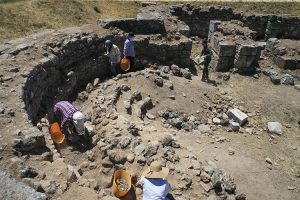
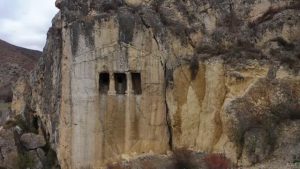
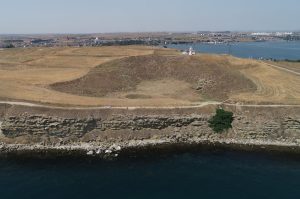
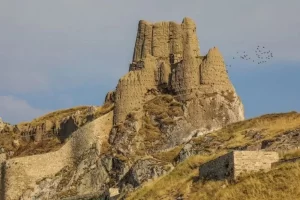
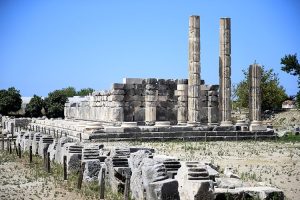
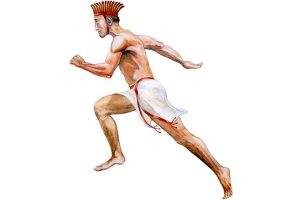

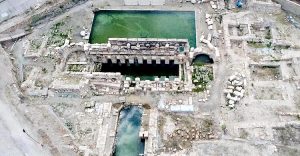
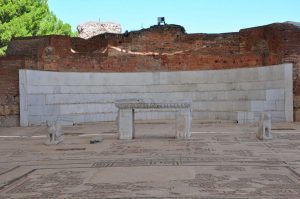
Leave a Reply